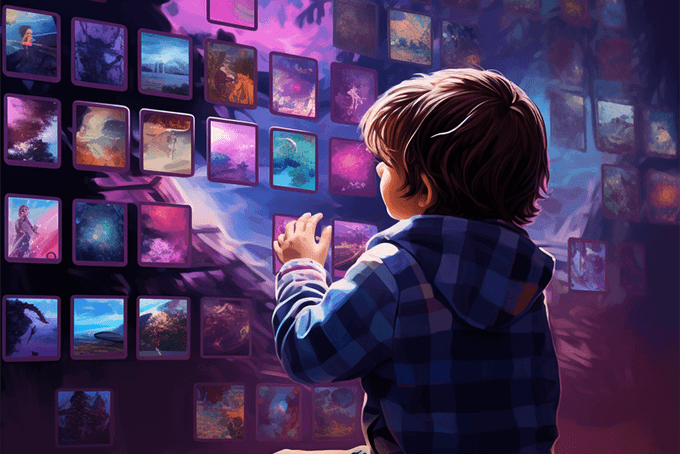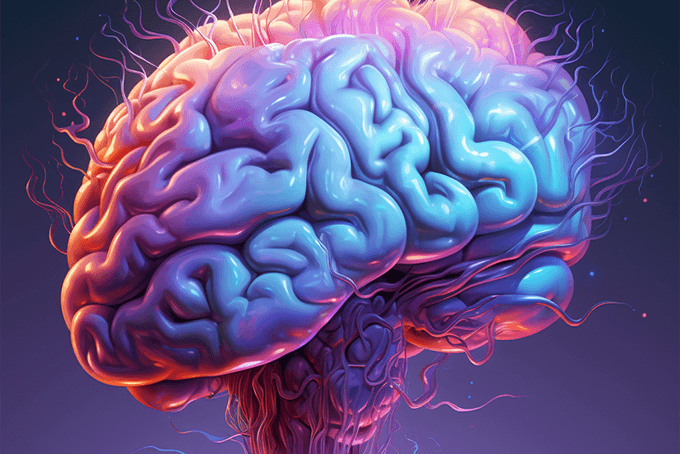The last days of summer are slipping by and kids are gearing up for heading back to the classroom and continuing down the path of learning. Get them jumpstarted with some fun memory building activities that will entertain and educate on ways to memorize facts and use their powerful brains.
Memory is a compilation of items that make up the ongoing experience of life. Memory is a concept and not a single tangible part of the brain, but is an actual brain-wide process. Encouraging each individual memory helps the entire process to work together, aiding kids in remembering the capitol of Peru and how to tie her shoes.
Give kids brains’ some energizing by playing some simple and engaging memory games!
Memory Games for Children Aged 3 to 7
Take advantage of a child’s love of small items by creating a game utilizing a blanket and the power of her brain. Training the short term memory to work longer than 20 to 30 seconds helps encourage a child’s brain to make strong memories, which can be accomplished through a fun memory activity.
- Have the child select five to seven small objects she would like to use for playing the game, such as miniature cars, plastic animals, or colored blocks.
- Take a moment to describe each item with the child, discussing its color, shape, and special characteristics. Explain to her that she will be playing a game with the items where one at a time, an object will go missing. Talking through an activity encourages the child’s left and right brain to work together, creating complete learning.
- Help the child position the objects in an arrangement on the floor or a table so they are close together. Once again, have her describe each object and its characteristics helping to form her memory of each item. Repeating aides in memory.
- Cover everything with a blanket and remove an item, hiding it in the palm of your hand and then placing it behind your back, without allowing the child to see which item has been removed.
- Take away the blanket and ask the child what item is missing. If she has problems remembering, prompt her with descriptive words she used to describe the object, such as its color or shape.
- Continue removing items and playing until no items are left. Once all the objects have gone missing, ask if she can recall each item that was used to play the memory building game.
Memory Game for Children Aged 8 to 13
Young adults are busy with schoolwork and hanging out with friends. Helping memory skills with a mnemonics memory activity gives an edge when it comes to getting homework done so there is more time to socialize – and will keep parents happy with the resulting good grades.
- Have the child select a collection of items or facts she would like to work on memorizing, such as social studies facts for an upcoming test.
- Using story telling as a memory booster is a fun and entertaining way to train the brain. To remember information, it needs to be committed to long term memory with connections that make the facts easier to recall.
- Discuss with the child what mnemonics are, and how they benefit memory skills. Mnemonics can be any type of rhyme, story, song, or chant to help remember items. For example, just about everyone knows, “in 1492, Columbus sailed the ocean blue.”
- Help the child organize the information she would like to use for creating a fun story mnemonic. Once she’s ready, she can write out the story using key words from her facts, making sure to connect each sentence so her story is easy to remember. Remember, the sillier the better!
- The child can then share the funny mnemonic story with others, strengthening her memory skills and testing others on their retention abilities.
- After sharing her story, she can test listeners by seeing how much of the silly mnemonic they can repeat back, without help. The child can aide listeners by giving them prompts as needed.
- See who can remember the most of the silly mnemonic out of the child’s friends and family and offer a prize to the memory game winner.
Memory Game for Children Aged 14+
Teenagers have lots of pressures including excelling in school along with after school sports and activities, other responsibilities such as jobs, and socializing with friends. Help them keep on track with a memory boosting game that also offers the opportunity to spend some quality time together, too.
- Select several images from magazines to use for the memory activity, such as pictures of people sitting in a restaurant, images of different types of landscapes, or advertisements.
- Everyone has a different type of learning, and using that to tap into memory is extremely beneficial. The teenager can experiment with her learning style by playing a memory game using the magazine pictures and determining which way encourages the best memory retention.
- Using a timer, provide the teenager with a magazine pictures and set the timer for 3 minutes. The goal is to see how many random things she can memorize about the picture and retain for later. Encourage the child to work silently, tapping into her concrete learning style.
- Once the time is up, she can pass over the picture to be quizzed. An adult or friend can ask her various questions such as how many people are in the picture, what color clothes individuals are wearing, animals in the image, and so on.
- Keep track of all her correct answers and the ones that she misses.
- Now she can do the process again but with a different picture. This time, she can describe the image out loud instigating her active learning. Does this help or hinder her memory retention?
- Compare and contrast her skills from previous picture and if she had better results while memorizing silently or while talking.
- Other ideas would be for the child to act out the image, write out words for prompts, or create a rhyme for the picture to help remember information within the 3 minutes for each picture.
- See which way of learning provides the best results for the memory retention game and offer the child a reward for all her hard work.
Playing memory games are a fun way to train the brain and also boost retention skills. Keeping the memory strong ensures those special memories will be around for many years to come, along with all those important facts and dates!



